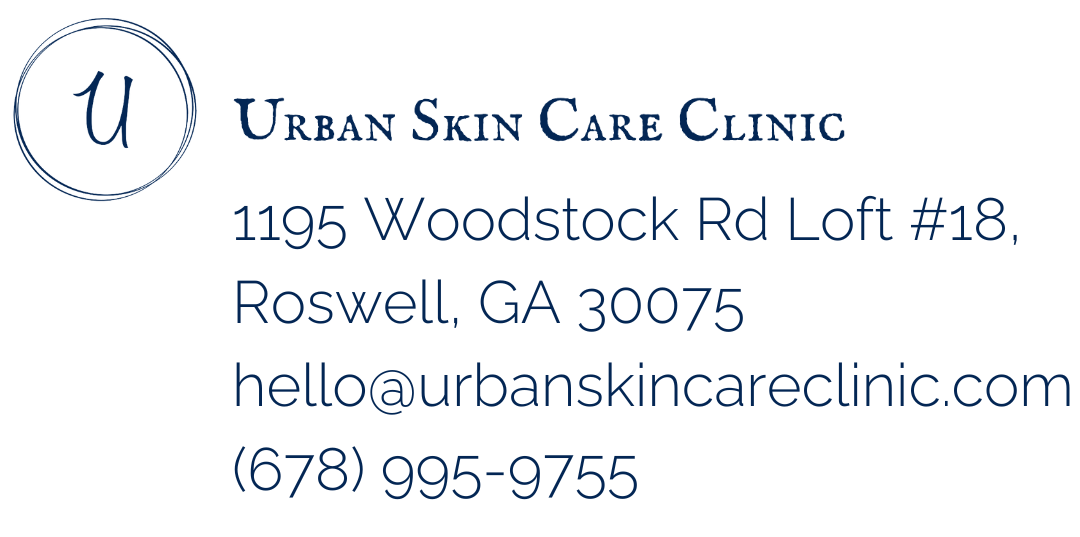How to use retinol the right way and Vitamin C 101
Do you ever wish there was a magic ingredient/s to turn back the aging clock? well, retinol and vitamin C could be the missing ingredients you've been looking for.
What is retinol and how does this ingredient benefit your skin?
Retinol is a derivative of vitamin A, and a powerful ingredient in reducing the appearance of wrinkles by stimulating the production of collagen in your skin while helping to increase the speed of cell turnover. Consistent use of retinol will also reduce the appearance of discoloration and acne. Fun fact: You can find vitamin A in foods such as sweet potatoes, eggs and carrots.
When should you introduce retinol into your routine and how often?
Well, we all know aging is inevitable but it's always better and easier to prevent than to correct. Believe it or not, we start losing collagen in our 20s, therefore, I recommend starting retinol in your mid to late 20s.
And as far as how often to use retinol you want to go low and slow. Let me explain. Retinol comes in a variety of strengths and formulations. You can consult with your esthetician or dermatologist on the right formulation for your skin type and need.
The other piece is you want to go slow. And by that I mean I'm using it once or twice per week for a while (maybe a month) before increasing its frequency to let your skin acclimate and adjust to this active ingredient.
When can you expect to see results?
Oh, this is a good one. You have probably heard this before, but patience is key. I'd say you can expect to notice some change in your skin within three to six months of consistent use of retinol.
4 things to keep in mind when introducing retinol into your routine:
Always make sure your skin is clean and dry before applying retinol
Only use retinol at night and always apply SPF 30 or 50 in the morning
Avoid the eye area
More is not better, you only need about a pea size for your whole face
Retinol truly does cause change in the skin and its a great ingredient to include into your routine, so consult with your dermatologist or esthetician if you are missing this step right now.
What is vitamin C?
Topical Vitamin C is a science backed potent antioxidant. An esthetician and dermatologist favorite! Environmental factors such as UV rays, pollution and smoke can accelerate damage to the skin and this is called "oxidative stress". Vitamin C is the most potent antioxidant that will neutralize this oxidative stress.
A clinical studie showed that daily use of a vitamin C for at least three months improved the appearance of fine lines. Topical vitamin C also boosts your sunscreens efficacy when use daily. This ingredienet is also brightening and can help reduce the appearance of dark spots. Vitamin C also boosts collagen production in the skin.
Vitamin C formulations commonly found in skincare products:
You'll find vitamin C in a few different forms such as ascorbic acid, tetrahexyldecyl ascorbate, ascorbyl-6-palmitate, and magnesium ascorbyl phosphate, etc.
Vitamin C is hard to keep stable to where it's actually doing what it's supposed to be doing on your skin. So consult with your esthetician or dermatologist for the best formulation that suits your skin type and need.
When should you introduce vitamin C to your routine?
Mid to late 20s.
When can you expect to see results?
Three to six months.
In conclusion, three must-use ingredients for anti-aging are retinol, vitamin C and sunscreen. Retinol is always applied at night, your vitamin C and SPF in the morning.


